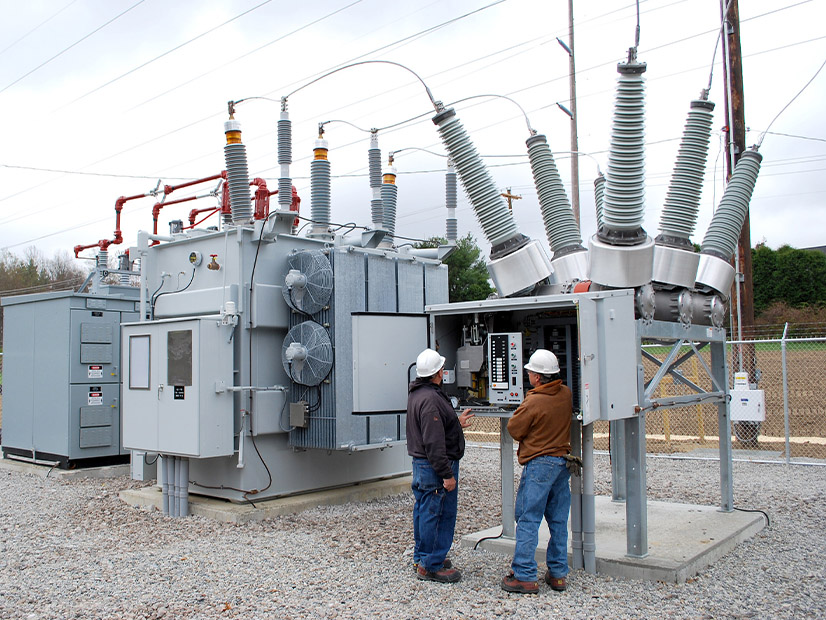
The return on investments over the last five years to upgrade its transmission system helped FirstEnergy’s second-quarter earnings, the company reported Wednesday.
FirstEnergy currently is overseeing more than 1,000 transmission upgrades, at a budgeted cost of $1.5 billion and part of a $7 billion plan that began in 2018.
“Our transmission business continues to be one of the focal points of our strategy,” CEO Steven Strah said during a teleconference with analysts. “Our Energizing the Future program has a relentless focus on reliability improvements for our customers.
“We began the investment program in the ATSI region in 2014. And since that time, we have seen a 53% reduction in the interruptions to customers caused by transmission outages, a 49% decrease in transmission line outages and an 88% improvement of our protection systems. We’re striving to build on this success within ATSI and across our territory as we continue to expand this investment program.
“So far this year, we’ve completed important work across our footprint to reconfigure several substations, rebuild transmission lines, replace transformers and enhance network, cyber and physical security. These projects improve operational flexibility, upgrade the condition of equipment and enhance system performance,” Strah said.
A formula developed by FERC typically sets the rate of return on such necessary transmission projects around 9%, compensating a utility for the risk involved.
The company reported second-quarter net income of $187 million ($0.33/share) on revenue of $2.8 billion. That compares to net income of $58 million ($0.11/share) on revenue of $2.6 billion in the second quarter of 2021.
Although residential sales decreased 1.6% compared to the second quarter of last year, reflecting milder weather this past spring, commercial and industrial sales increased 1.9% and 2.4%, respectively, CFO Jon Taylor said. And for the first time, industrial sales were higher than pre-pandemic levels, he said, “reflecting strong recovery and growth in many sectors, including steel, fabricated metals, automotive and food manufacturing.”
The one concern in the otherwise upbeat earnings report is that expenses related to the performance of FirstEnergy’s pension plan in what the company calls a “bear market,” along with rising interest rates, could make the plan more expensive to fund, reducing net earnings.


